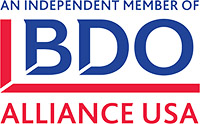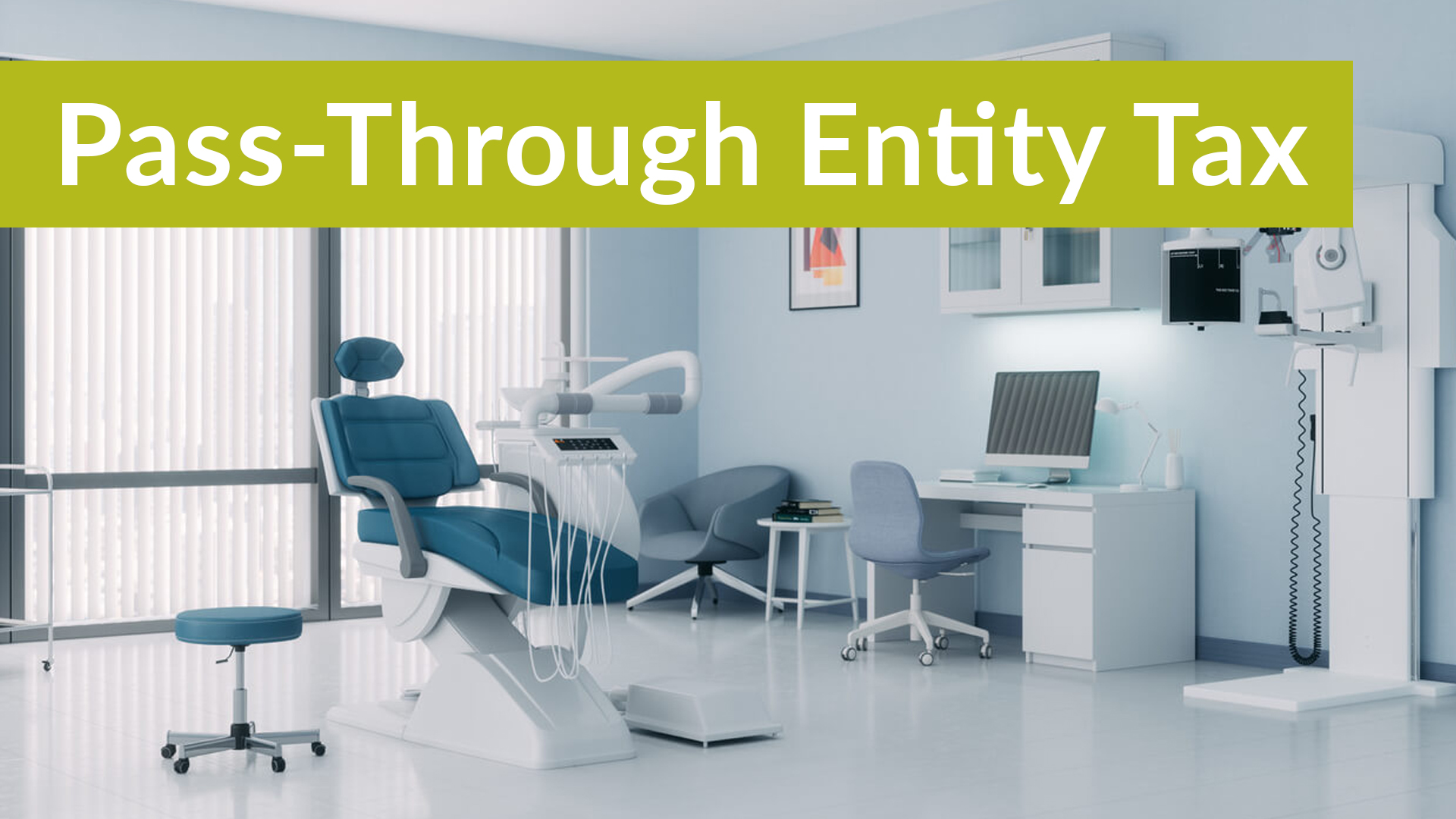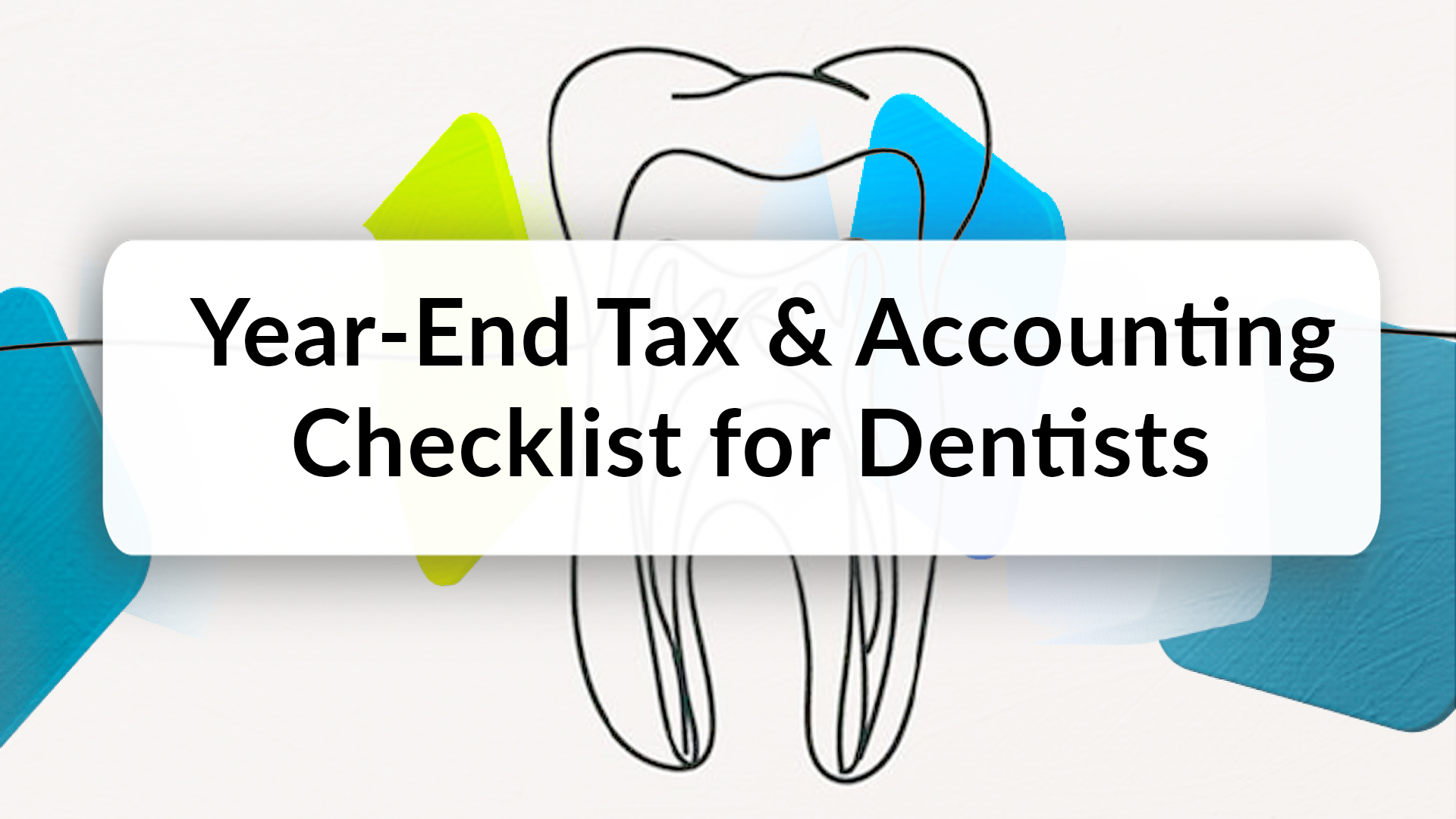
While many people have heard of Health Savings Accounts (HSA’s) there are many who are eligible and yet have not set up an HSA. In the last few years, more and more people have become eligible for an HSA, as employers strive to shift the cost of health insurance to employees. To be eligible, you must be covered by an HDHP – High Deductible Health Plan. For 2017 an HDHP is a plan that has a minimum annual deductible of $1,300 for individuals and $2,600 for family coverage; the maximum deductible is $5,500 and $13,100 respectively.
Many others may have an HSA but do not realize its full potential. In fact, HSA’s can be more advantageous than other tax advantaged savings accounts, such as IRA’s, Roth IRA’s, and 401(k) plans. For example, Roth contributions are made with after tax dollars. HSA contributions are tax deductible, even if you do not itemize. Withdrawals from an IRA or 401(k) are taxable, whereas withdrawals from an HSA are not taxable if used for medical expenses. (They are taxable and subject to a 20% penalty if used for non-medical.) Additionally, it is not required that medical expenses be paid with HSA funds, and it is also not the most cost-effective utilization of an HSA.
There is no limitation on an individual’s Adjusted Gross Income in order to make contributions to an HSA and unlike IRA’s and 401(k)’s, there is no requirement to begin withdrawals at a certain age. Therefore, by making the maximum contributions to your HSA and withdrawing as little as possible, or none at all, your HSA will grow in value tax deferred, just as do your retirement accounts. The 2017 contribution limits are $3,400 for individuals and $6,750 for families. If you are 55 or older, these limits are increased by $1,000.
After Medicare enrollment at age 65, contributions are no longer allowed. You will still enjoy the benefit of taking withdrawals to pay medical expenses, including your Medicare premiums, without incurring taxes. (Prior to age 65, health insurance premiums may not be paid with HSA funds unless for long term care insurance, COBRA coverage, or if the taxpayer is receiving unemployment.) You may also pay non-medical expenses without incurring the 20% penalty that is imposed on non-medical withdrawals prior to age 65. However, those withdrawals would still be taxable.
Your employer may offer HSA’s as a benefit and may even make contributions on your behalf. It is not required that you use your employer selected HSA – you can shop for options that suit your investment preferences as well as compare costs. If you are eligible for an HSA and have not yet done so, you should consider their potential as part of your financial/retirement planning. If you already have an HSA, you may want to consider the strategies discussed here to maximize your financial benefits.
Maureen Garvey




